
8 Ways To Get Rid Of Phlegm And Mucus In Chest And Throat
8 Ways To Get Rid Of Phlegm And Mucus In Chest And Throat
Phlegm and mucus buildup in the chest and throat can be both uncomfortable and bothersome. They are often the result of respiratory infections, allergies, or other health conditions. While mucus serves as a natural defense mechanism to trap foreign particles, excessive mucus can lead to coughing, throat irritation, and difficulty breathing. Fortunately, there are several ways to alleviate this discomfort and get rid of excess phlegm. Here are eight effective methods to clear phlegm and mucus from your chest and throat:
1. Stay Hydrated
Drinking plenty of fluids is one of the simplest and most effective ways to thin mucus, making it easier to expel. Water, herbal teas, and broths are particularly helpful. Warm liquids can be especially soothing and can help loosen mucus in your throat and chest. Avoid caffeinated or alcoholic beverages as they can dehydrate you, which may worsen the mucus buildup.

2. Use Steam Inhalation
Steam inhalation can work wonders in loosening mucus. Boil water and place it in a large bowl, then cover your head with a towel and lean over the bowl to inhale the steam. The moisture helps thin the mucus, making it easier to clear from your airways. You can also take a hot shower or use a humidifier to maintain humidity levels in your living space.
3. Saltwater Gargle
Gargling with warm salt water is a time-tested remedy for throat discomfort caused by excess mucus. The salt helps reduce inflammation and can break down the mucus in your throat. Mix about half a teaspoon of salt in a glass of warm water and gargle for 30 seconds several times a day.
4. Honey and Lemon
Honey has antibacterial and soothing properties, while lemon helps to break down mucus. Mixing a spoonful of honey with freshly squeezed lemon juice in warm water is a soothing drink that can help loosen mucus and alleviate throat irritation. This combination also helps boost your immune system, aiding in the fight against the underlying cause of mucus buildup.
5. Warm Compress
Applying a warm compress to your chest can help loosen mucus in your chest and provide relief from discomfort. Simply soak a clean cloth in warm water, wring it out, and place it on your chest for several minutes. The heat helps open up your airways, allowing mucus to move more easily.
:max_bytes(150000):strip_icc()/455448085-56a508d23df78cf7728606da.jpg)
6. Use a Humidifier
Dry air can make mucus thicker and more difficult to expel. A humidifier adds moisture to the air, which can help thin the mucus in your chest and throat. It also helps soothe irritated airways and makes breathing easier. Be sure to clean the humidifier regularly to prevent mold and bacteria buildup.
7. Over-the-Counter Medications
Expectorants such as guaifenesin can help thin mucus and make it easier to cough up. These medications are available over-the-counter and can provide relief for those struggling with excessive phlegm. Always follow the instructions on the packaging and consult with a healthcare provider if you have any concerns or underlying health conditions.
8. Practice Deep Breathing and Coughing Techniques
Deep breathing exercises can help loosen mucus and make it easier to expel. Try sitting in a relaxed position and taking slow, deep breaths to expand your lungs fully. Coughing techniques, such as controlled coughing, can also help clear mucus from the chest. To practice controlled coughing, take a deep breath, hold it for a few seconds, and then cough sharply. Repeat as necessary.
Conclusion
Excess mucus and phlegm in the chest and throat can be uncomfortable, but with the right techniques and remedies, you can find relief. Staying hydrated, using steam inhalation, gargling with salt water, and employing natural remedies like honey and lemon are all simple ways to alleviate mucus buildup. If symptoms persist or worsen, it’s important to consult a healthcare provider, as this could indicate an underlying condition that requires medical treatment.
News in the same category


Top 14 Kinds of Fish You Should Never Eat

Frequent Nighttime Trips to the Bathroom Could Be an Indicator of Heart Failure, Research Suggests

Doctor warns: A common habit may double the risk of a heart attack

THIS DOUBLES Your Testosterone Naturally in 7 Days!
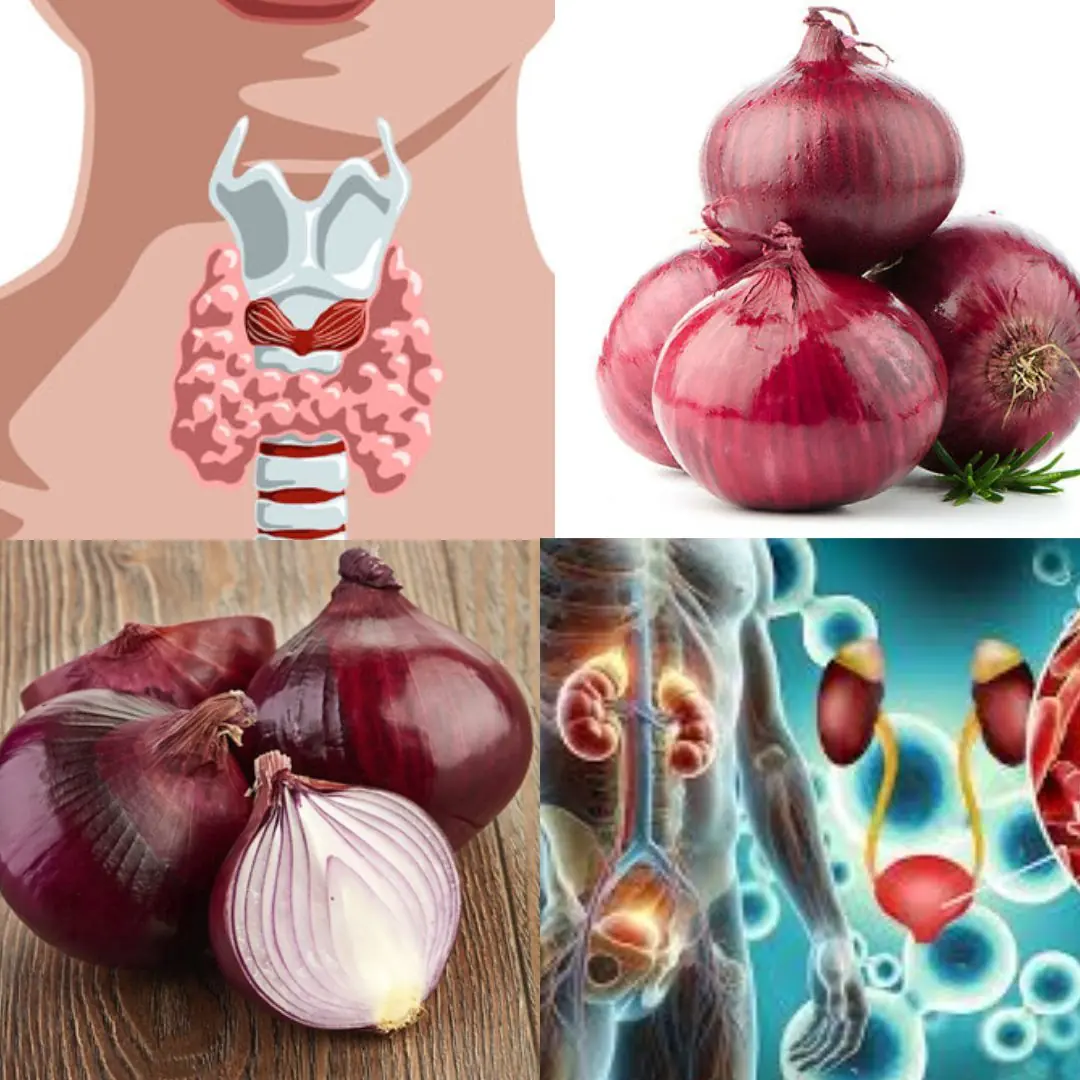
Euphorbia Hirta (Asthma-Plant): Ancient Remedies and Modern Applications for Health and Wellness

Doctor Warns Against This One Thing If You Wake Up at Night
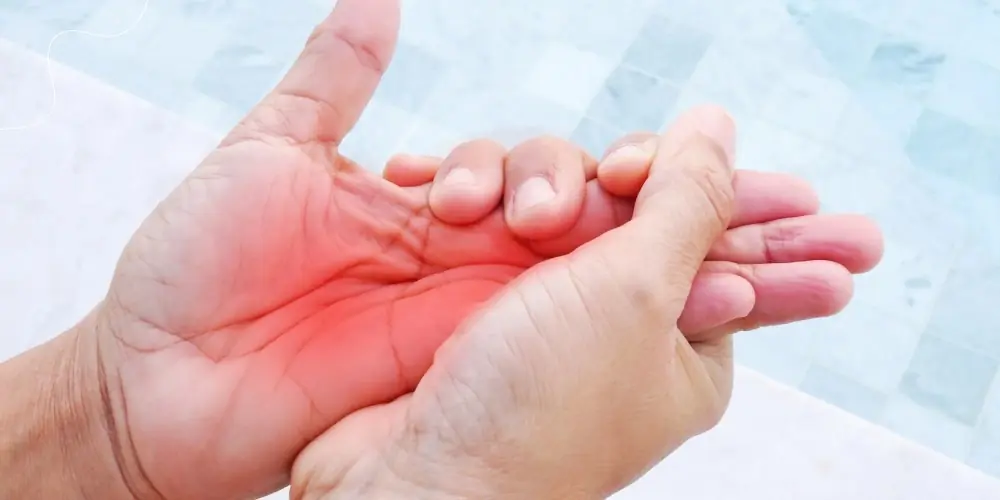
Reasons You Could Have Numbness or Tingling Sensations in Your Hands

A Well-Known Shampoo Is Being Withdrawn Immediately Due To Bacteria That Can Kill One In Ten Patients

9 Reasons Why You Should Eat Okra Multiple Times a Week
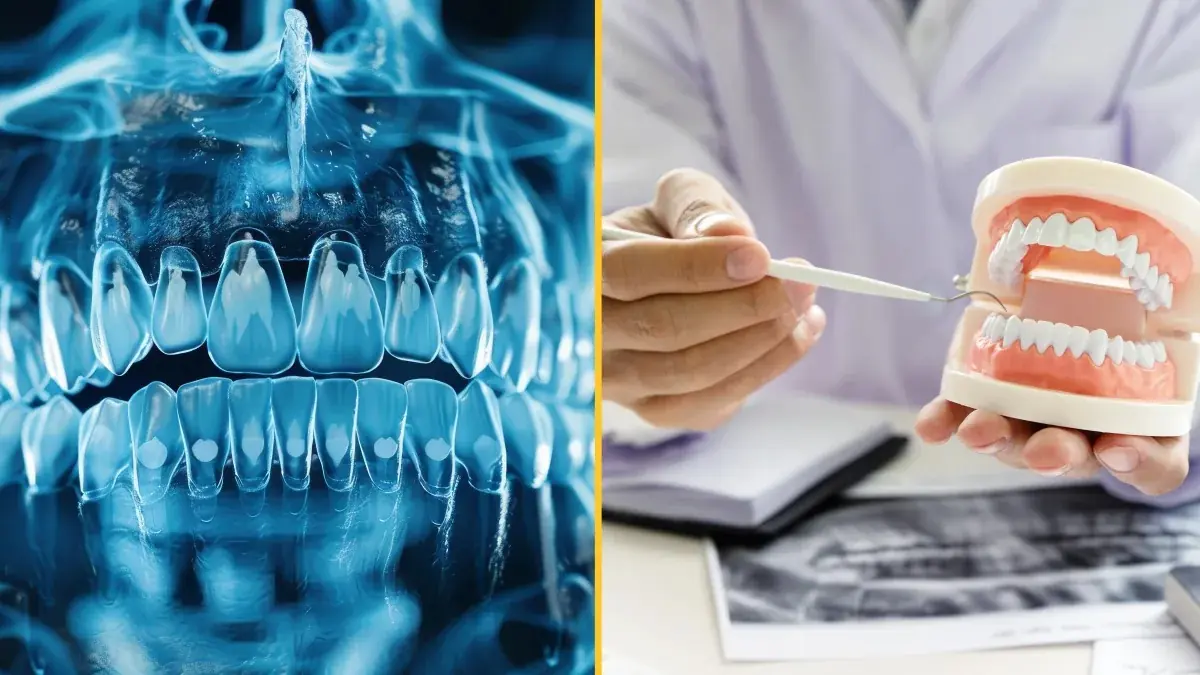
What’s In Your Mouth Could Be Triggering Alzheimer’s, Scientists Say
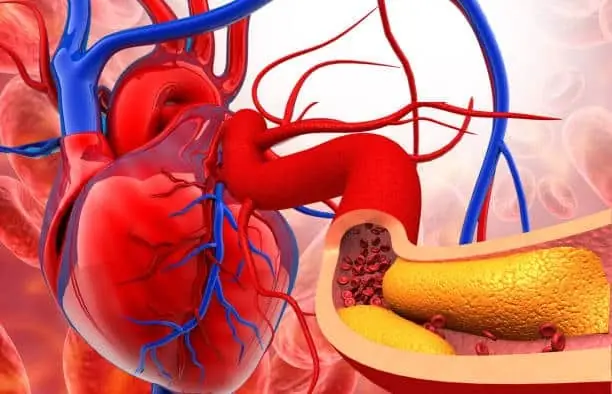
10 Signs You're Living With Clogged Arteries

Man with severe anger issues breaks down in tears after seeing what radiologist found in scans of his brain
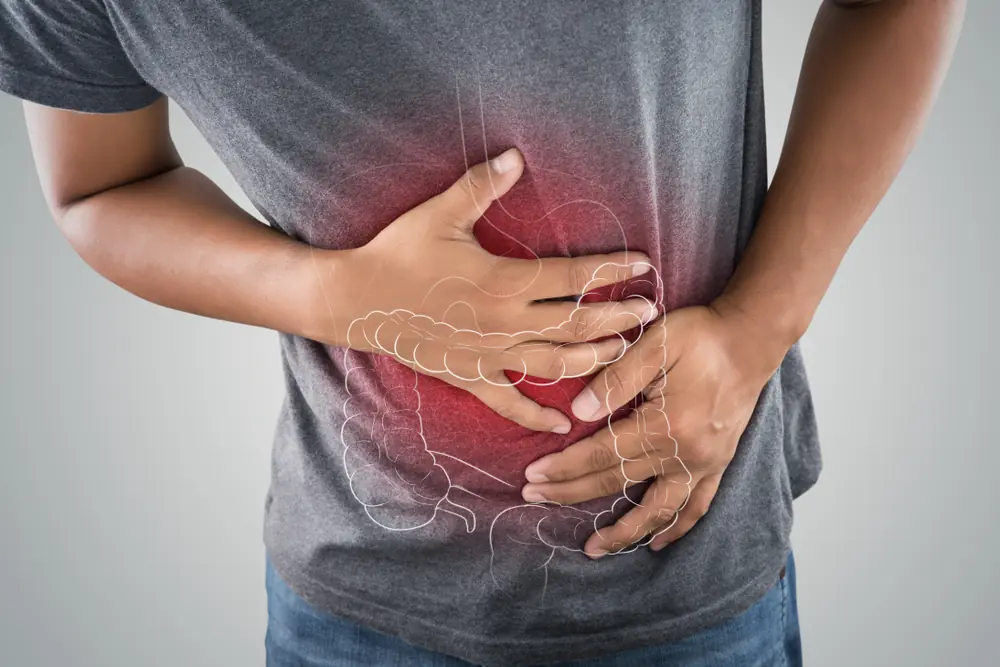
How to Treat H. Pylori Bacteria Causing Heartburn and Bloating + Natural Remedies

After A 49-Year-Old Father Of Two Passes Away, There Is An Urgent Warning For All Pet Owners Who Allow Their Dogs To Lick Them

8 of the Best Anti-Cancer Foods. It’s Time to Start Adding Them to Your Diet

Getting Annoyed By Chewing Sounds Is a Genuine Psychiatric Disorder
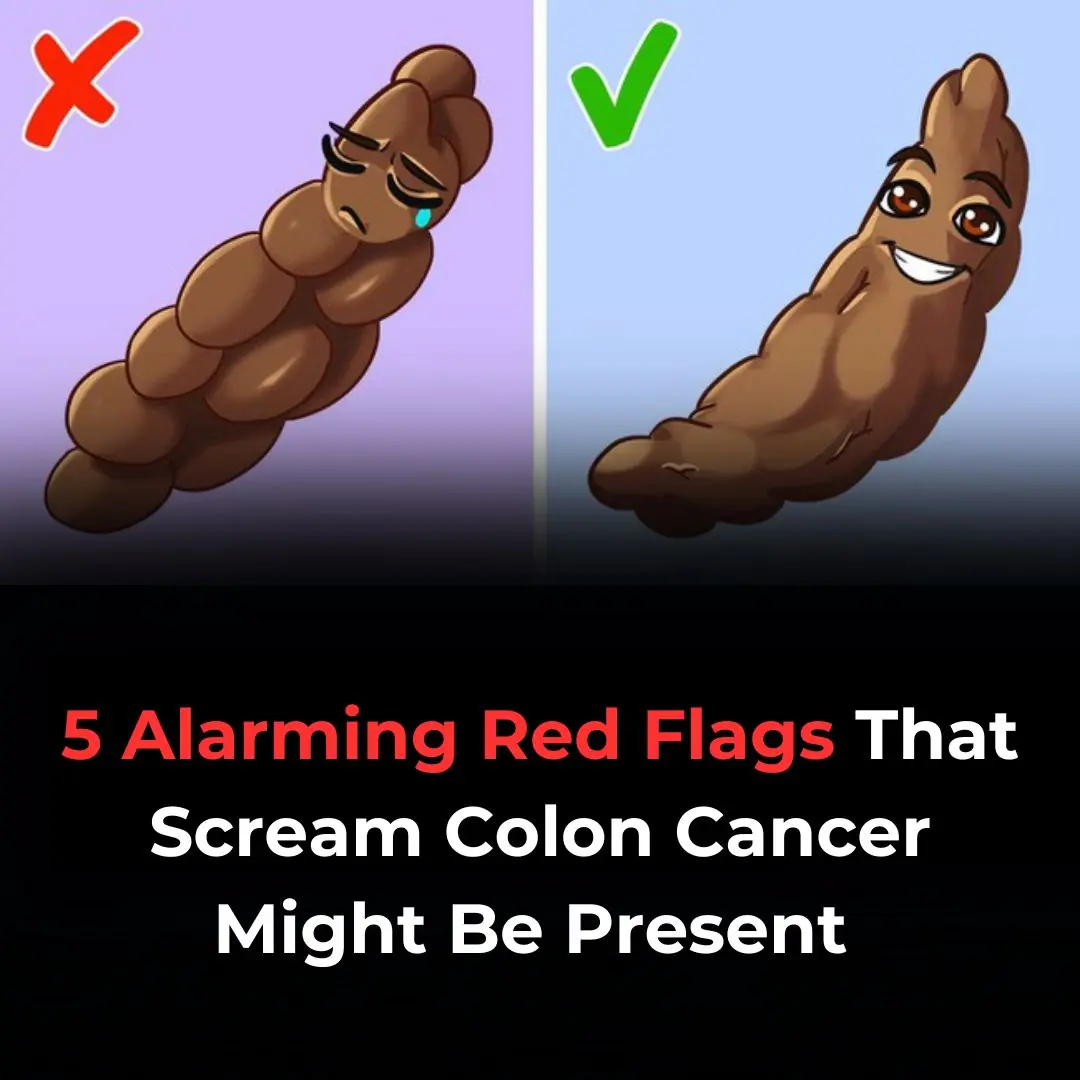
5 Concerning Red Flags That May Signal Colon Cancer

Risk Of Prostate Cancer Increases By 45% In Men Who Share This Common Practice
News Post

My Ex-Husband Asked Me to Be a Surrogate for Him and His New Wife - It Ended Not as He Expected

Why Smoking Weed at 30 Could Impact Your Future: What Science Says

My Wife Left Me and Our Children After I Lost My Job – Two Years Later, I Accidentally Met Her in a Café, and She Was in Tears

Top 14 Kinds of Fish You Should Never Eat

A Promise I Couldn’t Walk Away From

Frequent Nighttime Trips to the Bathroom Could Be an Indicator of Heart Failure, Research Suggests

In Six Months, I Gave Birth, Lost My Leg, and Fought C.a.n.c.e.r

He approached three cops and asked to pray for them.

Doctor warns: A common habit may double the risk of a heart attack

I gave up my prom dress money to help a homeless man, and the next day he brought an unbelievable gift to prom.

No classmates attended my son’s birthday, but strangers did

My Selfish Sister Stayed by Mom's Side When She Fell Ill, but Everything Changed after the Doctor Shared Mom's Last Words

I Adopted the Oldest Shelter Dog, Knowing She Had Only a Month to Live — My Goal Was to Make It Her Happiest.

My husband traded his family for an affair — three years later, i saw them again and felt deeply satisfied.

Three of us became dads in a day—one text changed everything.

He pulled her out of a burning building—and then she never left his shoulder

Banana Peels as a Natural Ant Repellent: A Safe and Eco-Friendly Solution

1 year ago 1 year ago Peace Lily Care Guide: Key Tips to Ensure Its Flourishing Growth

THIS DOUBLES Your Testosterone Naturally in 7 Days!
